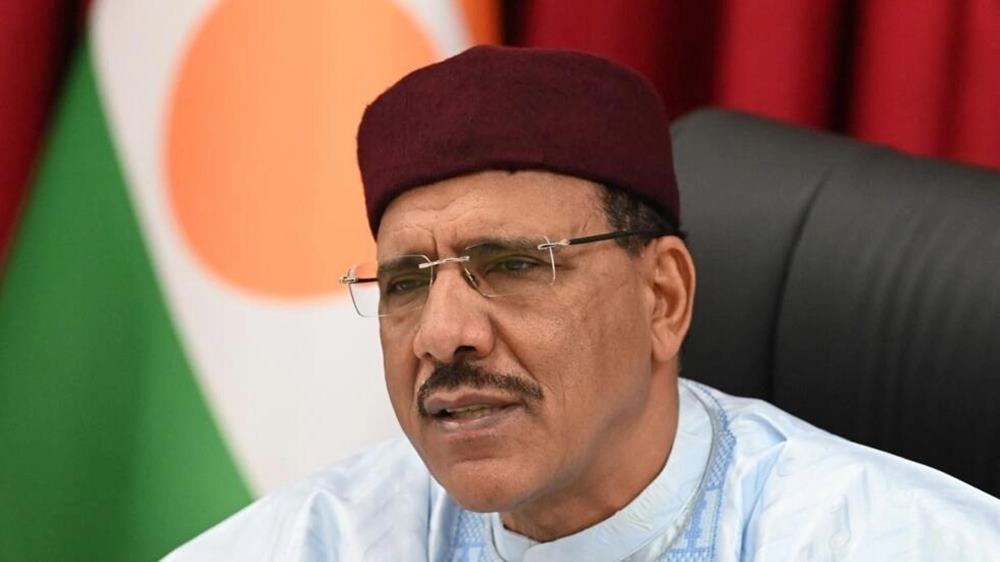In a significant ruling, the ECOWAS Court of Justice has called for the “immediate and unconditional release” of Mohamed Bazoum, the deposed President of Niger, and ordered his reinstatement. The court’s judgment, delivered in Nigeria’s capital, Abuja, declared that Bazoum represented the state of Niger and remained the President of the republic.
Following a military coup that overthrew Bazoum, Niger was suspended from the Economic Community of West African States (ECOWAS). Bazoum and his family were detained, with the former President being held in his presidential residence. The court ruling highlighted the violation of constitutional rights and emphasized the need for Bazoum’s release.
Niger’s military rulers have yet to respond to the court’s decision. It is worth noting that some member states have previously disregarded rulings from the ECOWAS court. In mid-September, Bazoum appealed to the court to secure his release and the restoration of constitutional order in the country. The ruling from the ECOWAS Court of Justice is considered final and not subject to appeal.
Bazoum’s collective of lawyers welcomed the court’s decision, emphasizing that it was the first time military authorities involved in a coup d’état were convicted for violating ECOWAS constitutional principles. The lawyers stressed that ECOWAS and its member states had a responsibility to ensure the effective implementation of the court’s ruling.
ECOWAS has already suspended Niger from all decision-making bodies until constitutional order is restored. The regional organization had imposed economic and financial sanctions against Niger following the coup but has since resumed dialogue with the military regime. Togolese Foreign Minister Robert Dussey, who mediated discussions in Niamey, announced that an agreement on the transition back to civilian rule had been reached with Niger’s Prime Minister, Ali Mahaman Lamine Zeine.
Details of the transition, including its duration and specific steps, have yet to be disclosed. Dussey stated that the agreed-upon content and timing of the transition would be presented to the mediating heads of state and the ECOWAS Commission. The diplomatic efforts are aimed at facilitating a short transition period leading to the return of civilian rule in Niger.
An ECOWAS summit held in Abuja earlier this year paved the way for potential relaxation of sanctions against Niger, conditional on a swift transition back to civilian governance. A heads-of-state committee comprising representatives from Benin, Togo, and Sierra Leone will engage in negotiations with the Nigerien military regime to determine the necessary steps for the potential easing of sanctions.
General Abdourahamane Tiani, the head of the military regime, previously stated that the transition would not exceed three years and would be determined through an inclusive national dialogue. The outcome of ongoing negotiations and the subsequent transition will shape the future trajectory of Niger’s political landscape.




